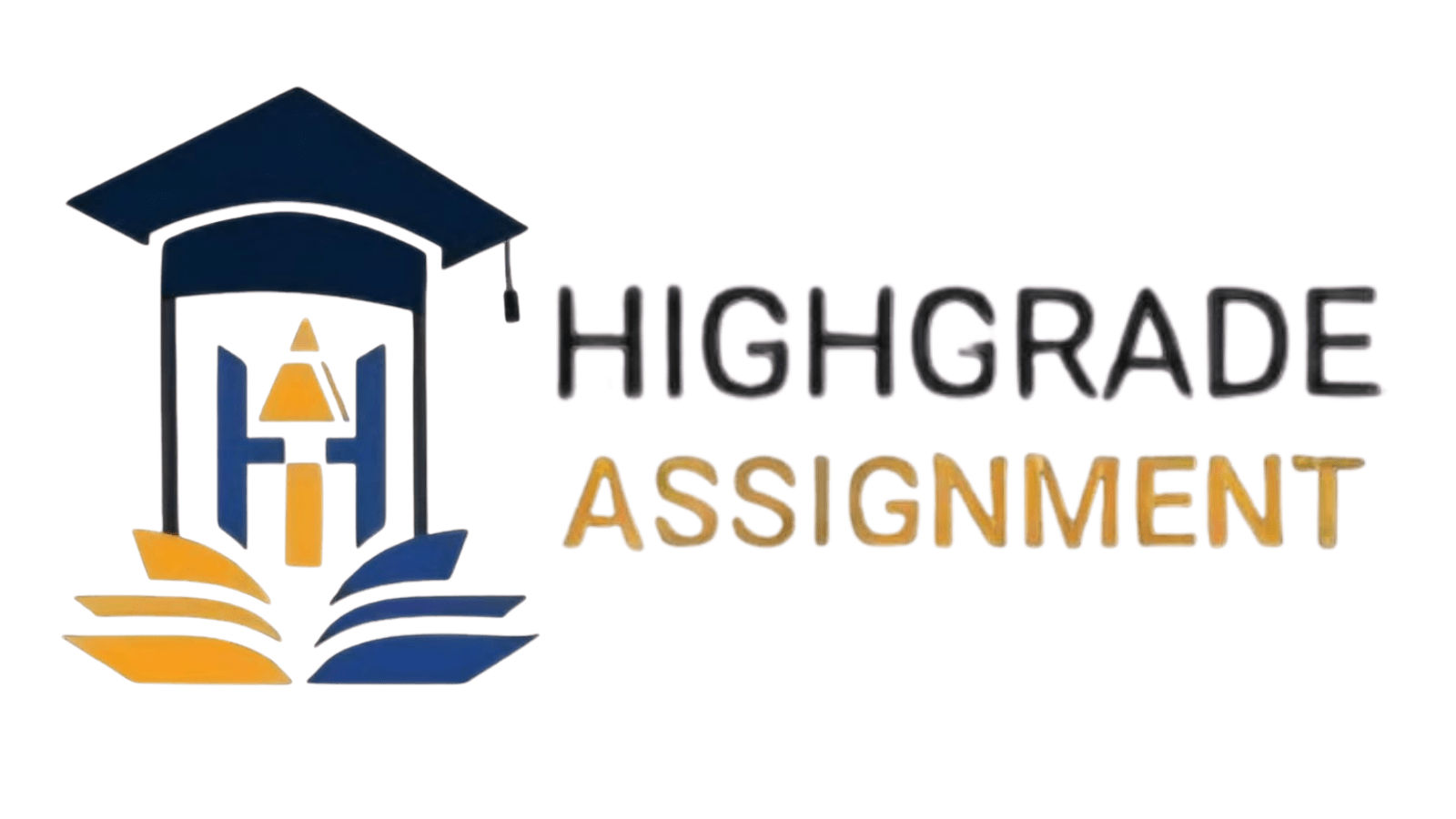We’ve all been there – staring at a blank document, overwhelmed by an assignment deadline looming just around the corner. But don’t worry; making mistakes is part of the learning process. The key is to recognize and avoid common pitfalls that can trip you up. In this article, we’ll explore the five most Common Assignment Mistakes and how to avoid them.
Mistake 1: Procrastination
Procrastination is the silent killer of productivity. It’s when you keep delaying your work until the last minute, leading to rushed and often subpar assignments. This bad habit can stem from a fear of failure, a lack of motivation, or simply not knowing where to start.

Tips to Overcome Procrastination
Start by setting smaller, manageable goals. Break your assignment into smaller tasks and set deadlines for each. Use tools like to-do lists or apps to keep track of your progress. Remember, the key is to start early and stay consistent.
Mistake 2: Lack of Understanding of the Assignment Requirements
One of the biggest mistakes students make is not fully understanding what the assignment entails. This often leads to off-topic work or incomplete submissions.

Strategies to Ensure Understanding
Always read the instructions carefully. If something is unclear, don’t hesitate to ask your instructor for clarification. Reviewing examples or templates can also give you a better idea of what is expected.
Mistake 3: Poor Research
Assignments often require thorough research to support your arguments. Relying on insufficient or unreliable sources can weaken your work.
How to Conduct Effective Research
Start by using credible sources such as academic journals, books, and reputable websites. Take organized notes and keep track of where you found your information to make citation easier later on.
Mistake 4: Ineffective Time Management
Poor time management can lead to a rushed and poorly executed assignment. Balancing your workload is crucial to producing quality work.

Time Management Techniques
Prioritize your tasks by importance and deadline. Use calendars and planners to schedule your work sessions and stick to them. Setting specific times for different tasks can help you stay on track.
Mistake 5: Ignoring Proper Citation
Failing to properly cite your sources can lead to accusations of plagiarism, which can have serious academic consequences.
How to Correctly Cite Sources
Familiarize yourself with the required citation style (APA, MLA, Chicago, etc.). Use citation tools and software to help format your references correctly. Always double-check your citations to ensure they meet the required standards.
Avoiding Procrastination
Setting Realistic Deadlines
Set achievable deadlines for each part of your assignment. This not only helps you stay on track but also reduces stress as you’re not leaving everything to the last minute.
Breaking Tasks into Smaller Steps
Breaking down your assignment into smaller, manageable steps makes it less daunting and easier to tackle. This approach also allows you to make steady progress.
Understanding Assignment Requirements
Asking for Clarification
Don’t be afraid to ask your instructor for clarification on any points you’re unsure about. It’s better to seek help early than to risk doing the wrong thing.
Reviewing Examples or Templates
Looking at examples or templates can provide a clear picture of what a well-done assignment looks like. It can also help you understand the structure and content required.
Conducting Thorough Research
Using Credible Sources
Ensure you’re using reliable sources for your research. Academic databases, peer-reviewed journals, and books are excellent places to start.
Taking Organized Notes
Organize your notes in a way that makes it easy to refer back to them. This can save you time and frustration when writing your assignment.
Effective Time Management
Prioritizing Tasks
Identify which tasks are most important and tackle those first. This ensures that the critical parts of your assignment are completed well.
Using Tools Like Calendars and Planners
Calendars and planners can help you keep track of deadlines and plan your study time effectively. Digital tools and apps can also provide reminders and help you stay organized.
Proper Citation Practices
Familiarizing with Citation Styles
Each academic field typically uses a specific citation style. Familiarize yourself with the style required for your assignment to ensure you’re following the correct format.
Using Citation Tools and Software
Tools like EndNote, Zotero, or online citation generators can help you format your citations correctly and efficiently.
Additional Tips for Assignment Success
Proofreading and Editing
Never submit your first draft. Proofreading and editing are essential to catching errors and refining your arguments. Reading your work aloud can help you spot mistakes you might otherwise miss.
Seeking Feedback from Peers or Instructors
Getting a second opinion can provide valuable insights into areas you might have overlooked. Don’t hesitate to ask a friend or your instructor to review your work.
Common Tools and Resources
Online Libraries and Databases
Make use of your school’s online library and databases. These resources often provide access to a wealth of information that isn’t available through a standard internet search.
Writing Centers and Workshops
Many schools offer writing centers and workshops that can provide additional support and resources for your assignments. Take advantage of these services.
Conclusion
Avoiding these common assignment mistakes can make a significant difference in the quality of your work. By managing your time effectively, understanding the assignment requirements, conducting thorough research, and citing your sources properly, you can produce assignments that reflect your true potential. Remember, the key is to stay proactive and seek help when needed. Happy studying!
FAQs Related To Common Assignment Mistakes
What is the best way to avoid procrastination?
How can I ensure I understand the assignment requirements?
What are some credible sources for research?
What tools can help with time management?
How do I know which citation style to use?
Read More:- How to Write an Assignment In 2024
